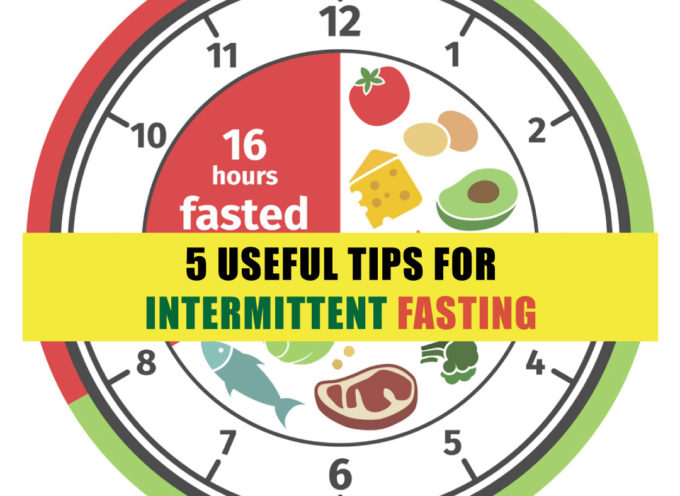Autism is a complex neurobehavioral condition that includes impairments in social interaction and developmental language and communication skills combined with repetitive behaviors. Children with autism have trouble understanding what other people think and feel. This makes it very hard for them to express themselves either with words or through gestures, facial expressions and touch.
SYMPTOMS
Some children show signs of autism spectrum disorder in early infancy, such as reduced eye contact, lack of response to their name or indifference to caregivers. Other children may develop normally for the first few months or years of life, but then suddenly become withdrawn or aggressive or lose language skills they’ve already acquired. Signs usually are seen by age 2 years.
Each child with autism spectrum disorder is likely to have unique pattern of behavior and level of severity, from low functioning to high functioning.
Some children with autism spectrum disorder have difficulty learning, and some have signs of lower than normal intelligence. Other children with the disorder have normal to high intelligence, they learn quickly, yet have trouble communicating and applying what they know in everyday life and adjusting to social situations.
Because of the unique mixture of symptoms in each child, severity can sometimes be difficult to determine. It’s generally based on the level of impairments and how they impact the ability to function.

Photo Credit : nfar.org
CAUSES
Genetics
Autism tends to run in families. Changes in certain genes increase the risk that a child will develop autism. If a parent carries one or more of these gene changes, they may get passed to a child (even if the parent does not have autism). Other times, these genetic changes arise spontaneously in an early embryo or the sperm and/or egg that combine to create the embryo. Again, the majority of these gene changes do not cause autism by themselves. They simply increase risk for the disorder.
Environmental
Viral infections, medications or complications during pregnancy or air pollutants play a role in triggering autism spectrum disorder.
Parents’ age
There may be a connection between children born to older parents and autism spectrum disorder.
PREVENTION
Live healthy. Have regular check-ups, eat well-balanced meals and exercise. Make sure you have good prenatal care and take all recommended vitamins and supplements. Don’t take drugs during pregnancy. Ask your doctor before you take any medicaion. This is especially true for some anti-seizure drugs. Avoid alcohol. Say no to wine and any kind of alcoholic beverage while you’re pregnant. Seek treatment for existing health conditions. If you’ve been diagnosed with celiac disease or PKU, follow doctor’s advice for keeping them under control. Get vaccinated. Make sure you get rubella vaccine before you get pregnant.

Photo Credit : raisingchildrennetwork








No comments!
There are no comments yet, but you can be first to comment this article.